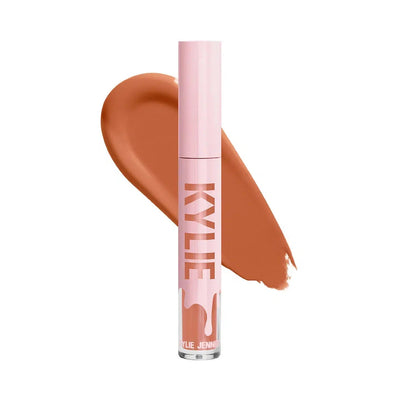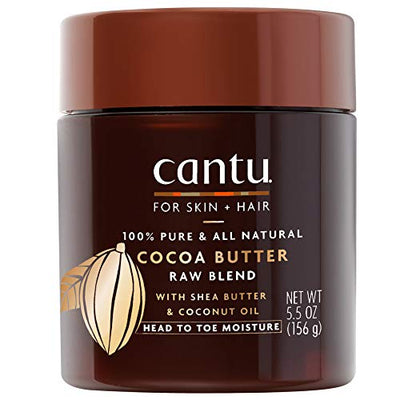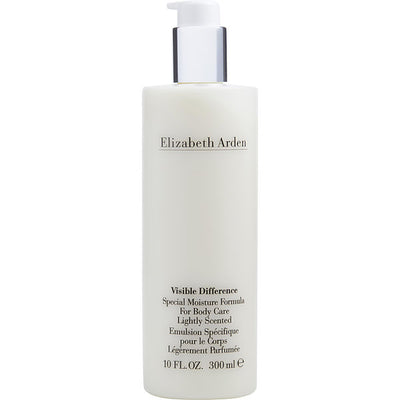Differences Between Dry Scalp and Dandruff
Many individuals struggle with scalp issues, with dryness and dandruff being two common concerns. To maintain a vibrant, flake-free mane, it's essential to distinguish between dry scalp and dandruff and select the right treatments. In this article, we will discuss the differences between dry scalp and dandruff and explore effective solutions, including hair treatment, dandruff treatment, and scalp treatment.
Understanding Dry Scalp
Dry scalp is a condition where the skin on the scalp lacks the necessary moisture, resulting in itchiness and occasional flakiness. Several factors can contribute to a dry scalp, including:
- Harsh Weather: Cold, dry air and excessive sun exposure can strip the scalp of its natural oils, causing dryness.
- Overwashing: Frequent shampooing can disrupt the scalp's oil balance, leading to dryness.
- Age: As we age, our skin tends to become drier, which can affect the scalp as well.
- Hair Products: Certain hair care products, like shampoos with sulfates or alcohol, can cause dryness.
Effective Dry Scalp Treatment
To help with dry scalp, consider the following dry scalp treatments:
- Gentle Shampooing: Use a mild, hydrating shampoo and avoid overwashing. Shampooing every two to three days is usually sufficient.
- Deep Conditioning: A nourishing, deep conditioning treatment can help restore moisture to the scalp and hair.
- Moisturizing Scalp Treatment: Applying a targeted scalp treatment containing moisturizing ingredients like aloe vera or hyaluronic acid can alleviate dryness.
Understanding Dandruff
Dandruff, on the other hand, is a common scalp condition characterized by the shedding of white or yellowish flakes. It is often accompanied by itchiness and redness. The primary cause of dandruff is a yeast-like fungus called Malassezia, which thrives on the scalp when it's oily. Dandruff can also be triggered by factors like:
- Stress: High-stress levels can contribute to dandruff.
- Oily Skin: An overproduction of sebum can provide a conducive environment for Malassezia.
- Certain Medical Conditions: Conditions like psoriasis and eczema can lead to dandruff.
- Ineffective Dandruff Treatment: There are tons of dandruff treatments you can try but not all of them will be effective which depends on every person.
To address dandruff, consider the following treatments:
- Medicated Shampoo: Use an anti-dandruff shampoo containing ingredients like pyrithione zinc, selenium sulfide, or ketoconazole. These ingredients can help combat the fungus responsible for dandruff.
- Regular Shampooing: Shampoo regularly but avoid overdoing it. Cleansing your scalp every two to three days can help keep dandruff at bay.
- Scalp Treatment: Consider using a targeted scalp treatment designed to address dandruff specifically.
The Differences
Differentiating between dry scalp and dandruff can be challenging because they share similar symptoms, such as flakiness and itchiness. However, the underlying causes and treatments are distinct. If you're unsure about your condition, it's advisable to consult a dermatologist or a healthcare professional who can provide an accurate diagnosis and recommend the most suitable hair treatment.











